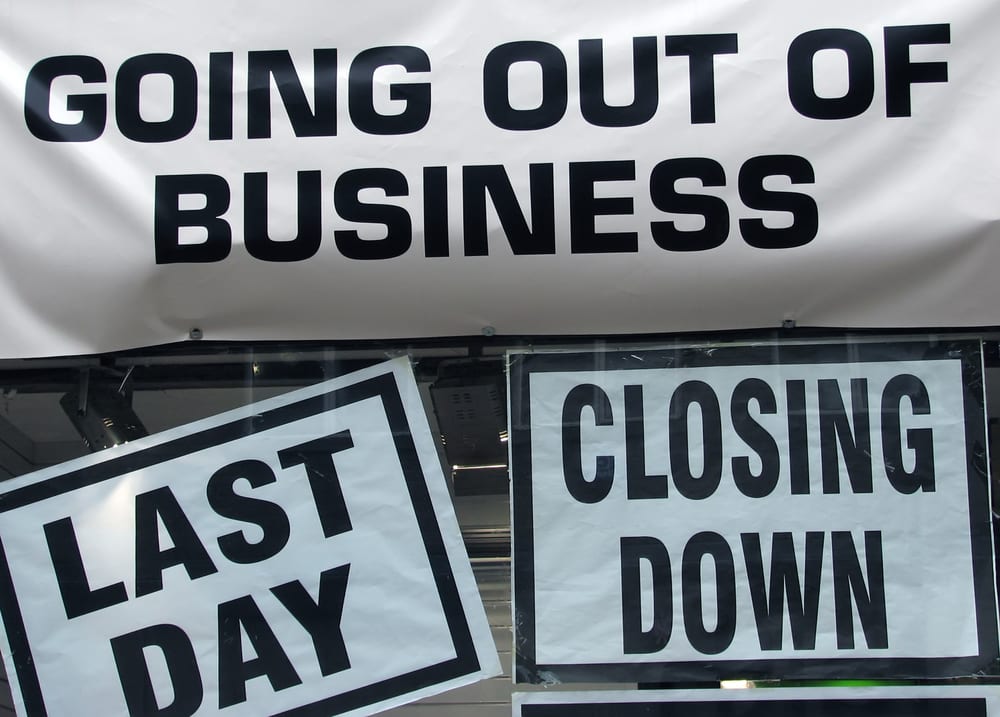If your company or brand went out of business would anyone notice? Honest answer? One of the most important questions any company or brand should ask itself is: if your company went out of business, would anyone really notice or care?
We have seen many businesses and brands disappear in recent years. Many of which had seemed to be staples of the high street or our cupboards. Do you remember Woolworths, Polaroid, Ratners, MFI, PanAm, Safeway, Our Price, Red Mountain Coffee, Organics Shampoo, Coffee Republic, Babycham, Smash Hits….. the list could go on forever.
If many of these had stopped and asked that question, I suspect that the answer was “probably not”. For, as they found, their customers could live without them – and once they went they all moved on and found they coped just fine without them. Their company or brand did not offer a differentiated or unique offer that their users found invaluable. There was an alternative option.
Related:
I have worked on brands in my career where I asked that question, and the answer scared us all. So we focused on how to make the brand important and invaluable to our target consumer. A brand that they felt they could not really live without, or at worst not want to live without.
3 principles
Through this process, I learnt many things but there are 3 really important principles that I think will help you to ensure you can make your company or brand one that your target would notice if you went out of business. Here they are:
- Brands are created by people with a vision and a passion, and destroyed by caretakers. The creator identified a niche, an angle, a gap that was unique and differentiated and ruthlessly pursue that passion. The brands that have failed tend to be slowly destroyed by successions of “caretakers” focused more on the financials and the status quo, emulating and copying the competition.
- Success breeds the seeds of the brand’s failure. When something works the “don’t fix it if it is not broken” kicks in. The brand or company stalls, trying to optimise what worked, instead of constantly trying to evolve and adapt to the changing world and circumstances around it. They try and win a race by standing still. No-one ever wins by standing still. This is especially evident when the boss was promoted on the back of that success.
- Stagecoach mentality kicks in. By this I mean that to many companies and brands define their business too narrowly. As did most of the stagecoach owners in the Wild West. They focused on offering the best stagecoach service, the cheapest stagecoach service or the fastest stagecoach service. Eventually step change forms of getting people from “A” to “B” came along, like when the jet plane destroyed the lucrative transatlantic liner business in the late1960s/ early 1970s. You need to define what business you are in, and who the competition really is. It may not be the same form, structure and category.
Related: 5 Brand Promotion Lessons From The City Of Barcelona
So if you dare, ask yourself the question:If your company or brand went out of business would anyone notice? If the answer if “no” or “not sure” – you need to focus on how to ensure it is.
Image: “Closing down signs in high street shop window/Shutterstock“


